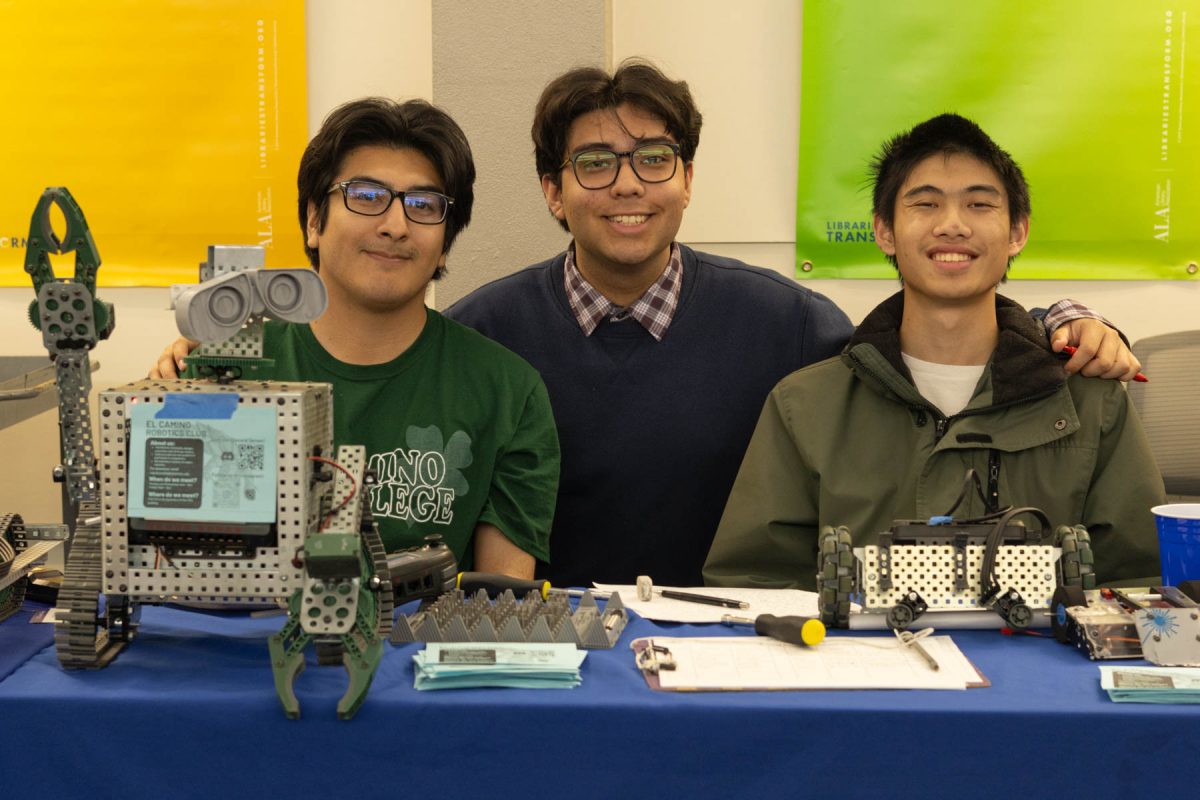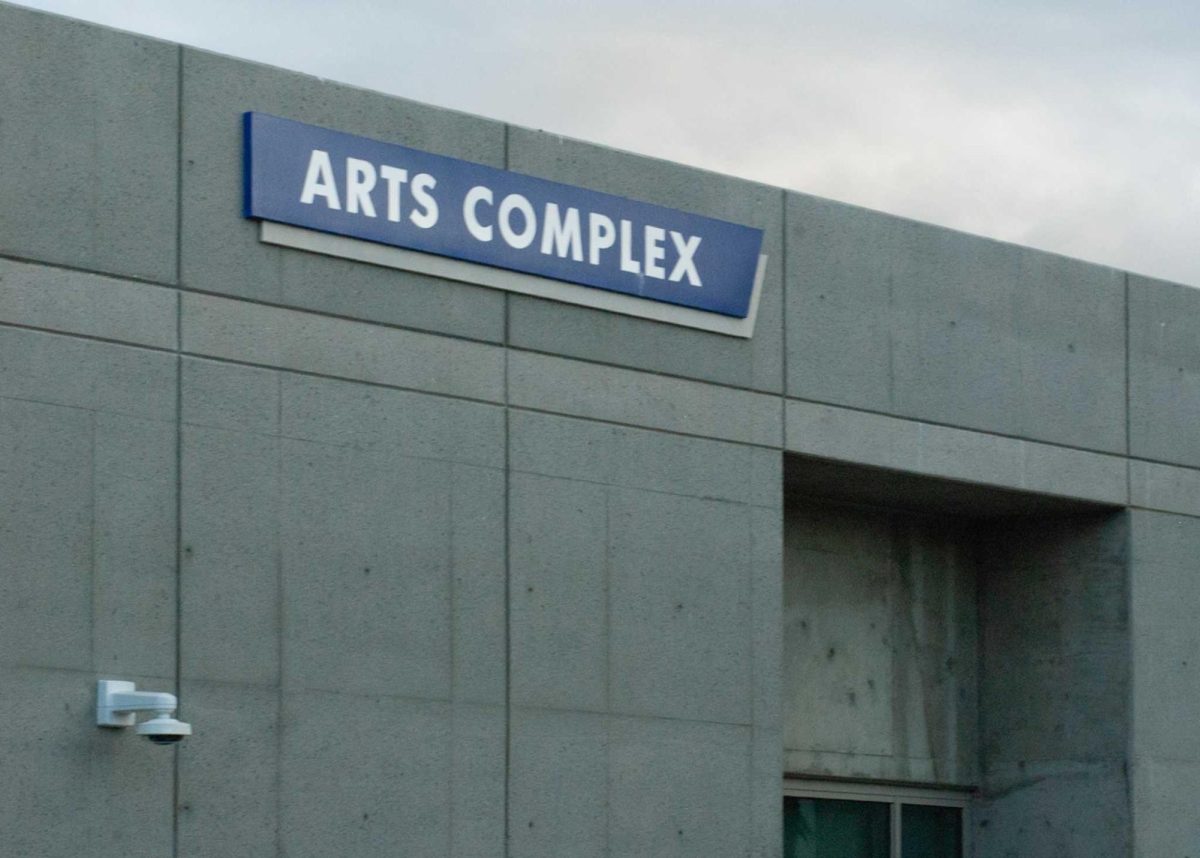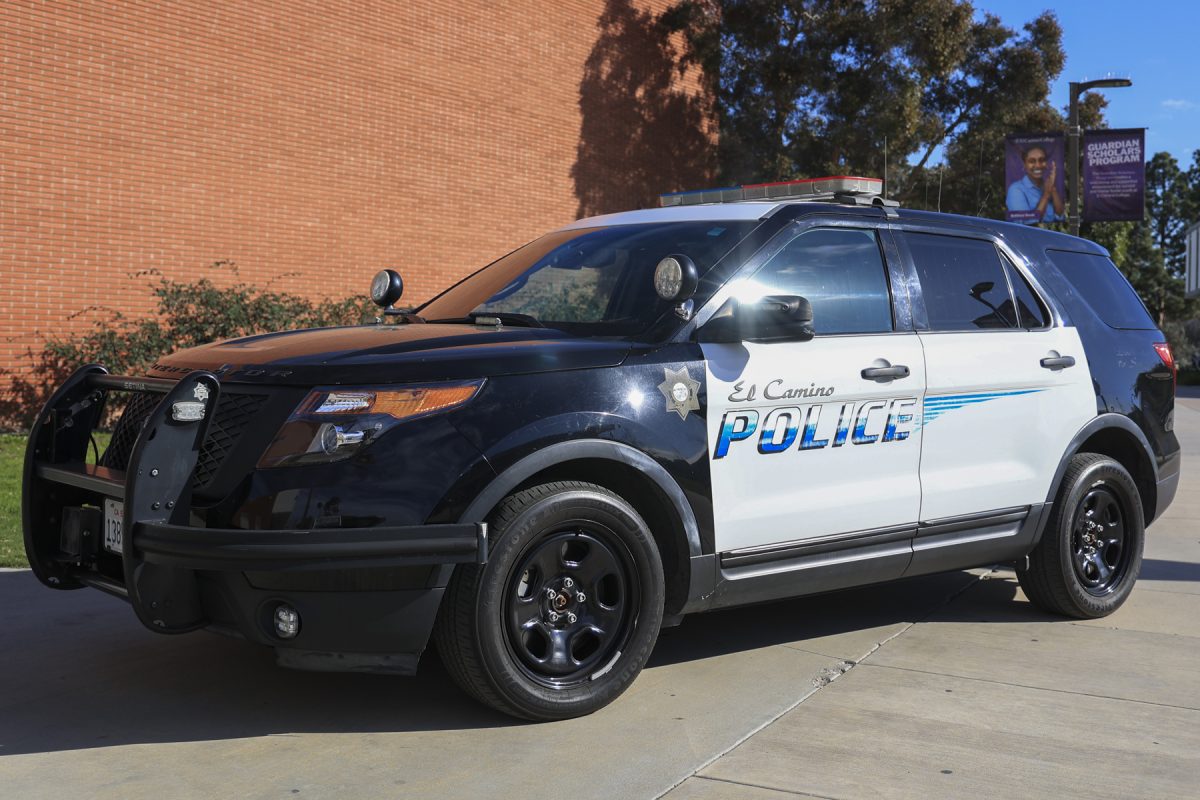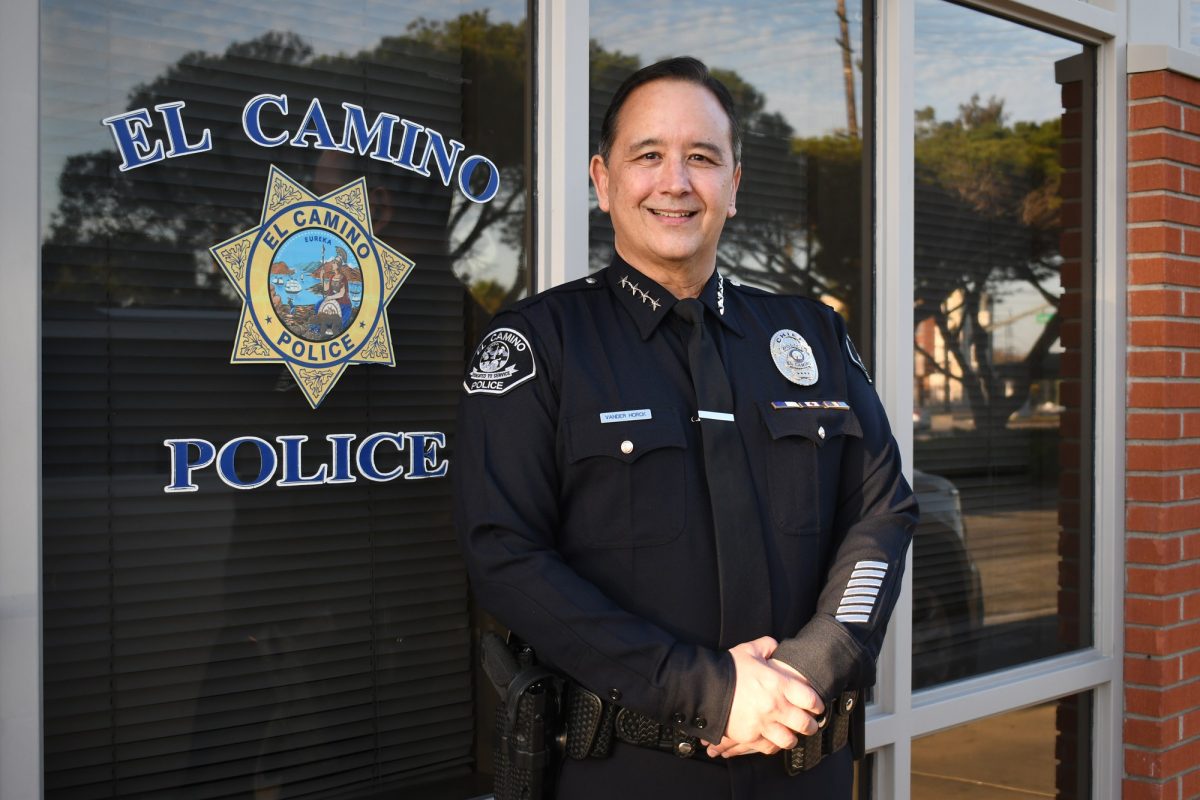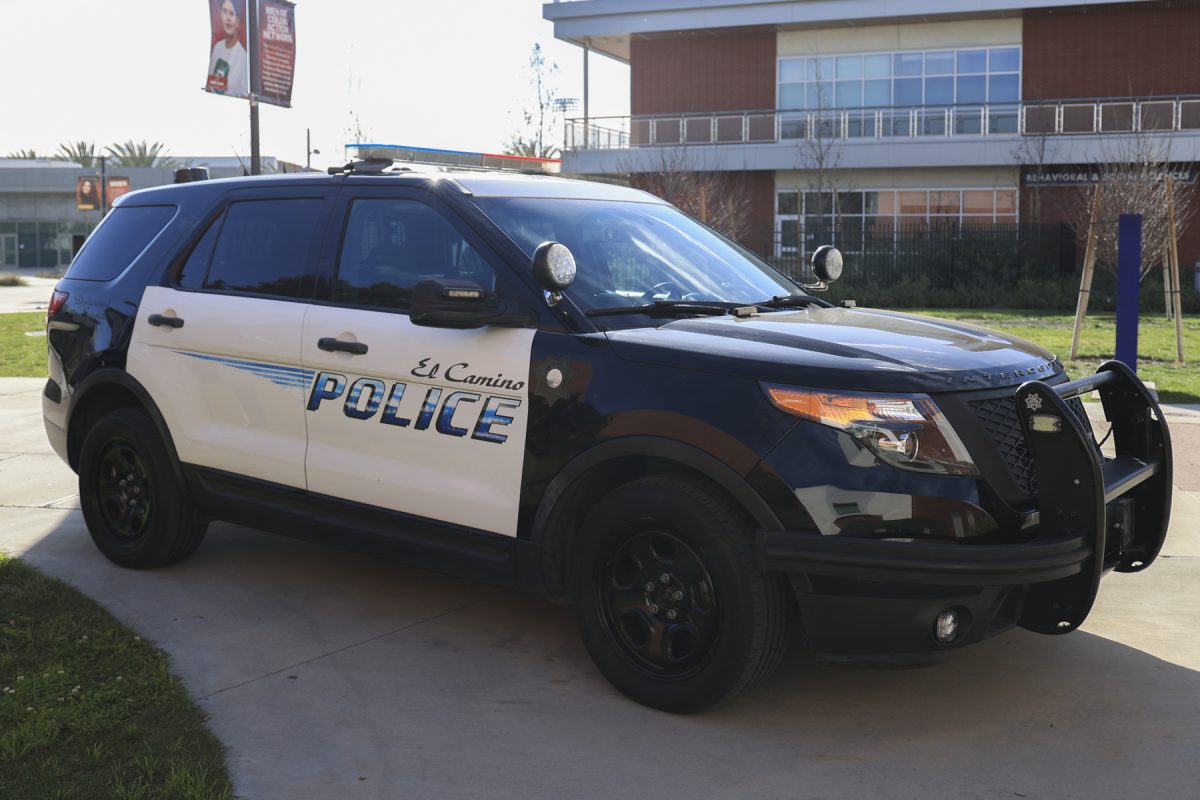The 10-year plan to graduate from college used to be a joke.
Now, it’s becoming a reality, in part because students don’t know what they want to do with their lives and they have other responsibilities as well, including working full-time.
“I’m currently working several hours a week and attending classes. I want to get a degree so that I can be a counselor to help students make it through school,” Trevor Ford, 27, psychology major, said. “I know what I’m doing, I’ve got 3 more semesters to go.”
The non-profit group, Complete College America, (CCA), has completed a report called Time is the Enemy, and it states that students are taking a longer time to graduate due to attending different colleges part-time, only taking a couple units a semester
As of fall 2010, 32.5 percent of the students were full-time, whereas the part-time population was more than double that at 67.5 percent.
Of these students, 32.6 percent carried fewer than six units.
“Part of coming to college is about exploring, not every student knows exactly what they want to do,” Jeanie Nishime, vice president of student and community advancement, said.
“Title V regulations state that students must declare their major after taking 18 units, but rarely does it happen. It’s hard to enforce,” she added.
Campuses in the United States only have 25 percent of students attend full-time.
According to the report, the student population has too many choices and that they have too much time in their hands.
The report noted that one of the problems students have is coming unprepared to campus and not knowing which classes to take.
However, Nishime said studying at a community college means exploring and learning various things.
“Students shouldn’t be so restricted from doing the exploration that may be necessary to find out what they really want to do. I don’t really see it slowing them down,” Nishime said.
To help students needing to work while attending classes, Extended Opportunity Program and Services (EOP&S) supports students by giving them book vouches and financial aid, to those in need.
“Some of our students who work twenty hours a week receive special considerations. They can remain in our program after meeting with our counselors and staying within the guidelines of our program,” Brenda Jackson, EOP&S counselor, said.
With the economy as bad as it is, students like Jessica Sanchez, 19, art history major, said it’s hard to juggle both a rigorous work schedule while attending college full-time.
“I work so that I can take care of my books and put some money aside, but it never seems like enough. It’s hard to do both,” Sanchez said.


